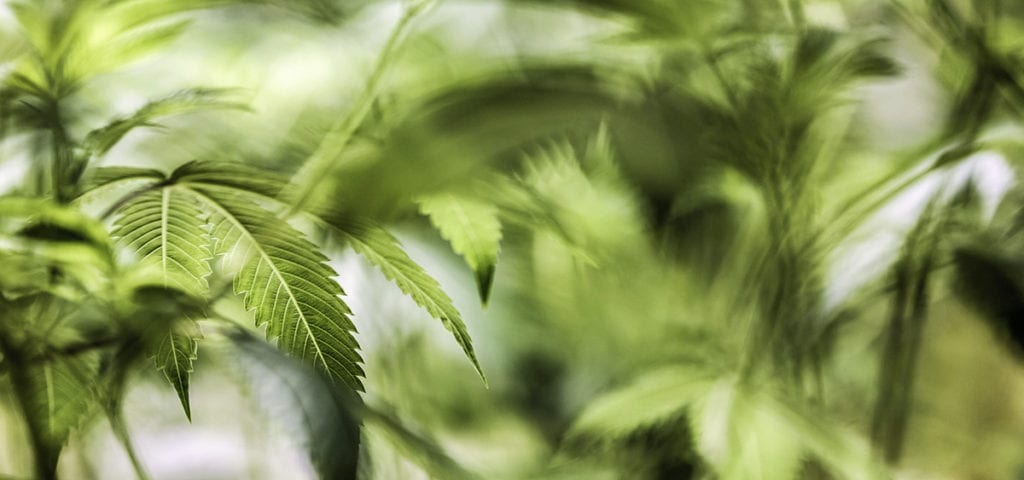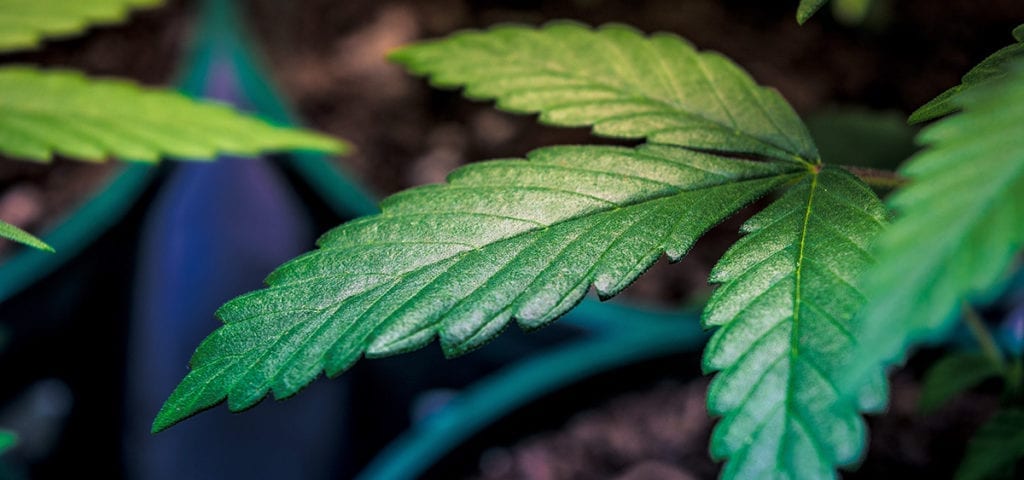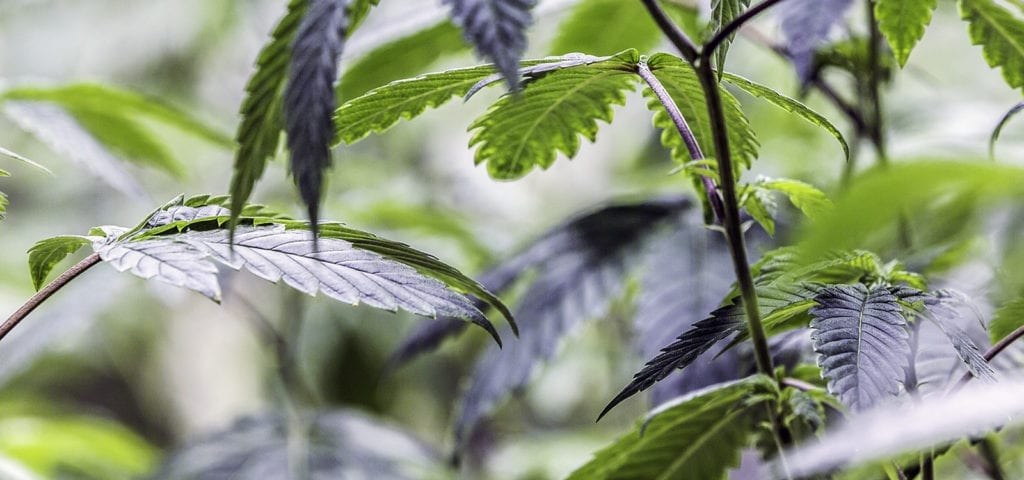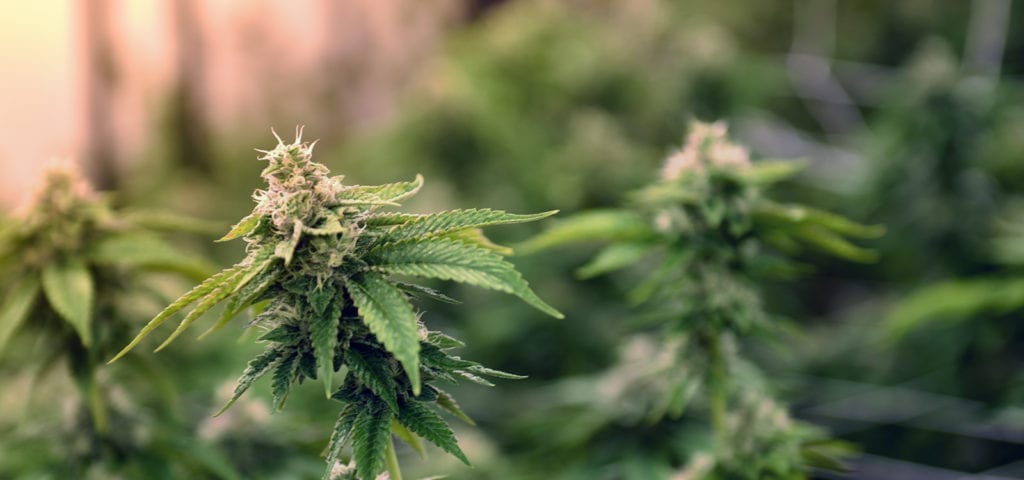A Sienna College poll has found the majority of New Yorkers back cannabis legalization in the state by a 55 percent to 40 percent margin, up from 52 percent to 42 percent in April. The poll comes as the state’s session nears its end and some lawmakers are coordinating a final push to pass the reforms.
The poll found Democrats overwhelmingly support legalization, 61 percent to 34 percent – which remains virtually unchanged from their April poll. Independents also support legalization 57 percent to 41 percent.
Republicans oppose the reforms 53 percent to 40 percent but opposition appears to have diminished since Sienna’s April polling, which found Republicans opposed legalization 64 percent to 33 percent.
Young voters — those under 32-years-old — strongly supported legalization 75 percent to 23 percent, while voters 55-and-older oppose it 54 percent to 42 percent.
Democratic Gov. Andrew Cuomo included legalization in his 2021 Executive Budget but it was pulled from the plan after key lawmakers told the governor they would prefer to pass the reforms via the legislative process.
Late last month, lawmakers amended the cannabis legalization bill to make it more palatable to the governor – whose party controls both legislative chambers – including raising taxes, lowering possession limits, and expunging records for low-level cannabis-related crimes.
As the legislature pushes to pass the bill before the June 19 adjournment, Smart Approaches to Marijuana, an anti-cannabis group, has spent $10,000 on billboards in the state rallying against the plan and $14,500 on lobbying efforts, according to a LoHud report.
If lawmakers do pass the legalization measure before the end of session, New York would become just the second state to approve a taxed-and-regulated cannabis industry via the legislative process. Illinois became the first last month.
End

























